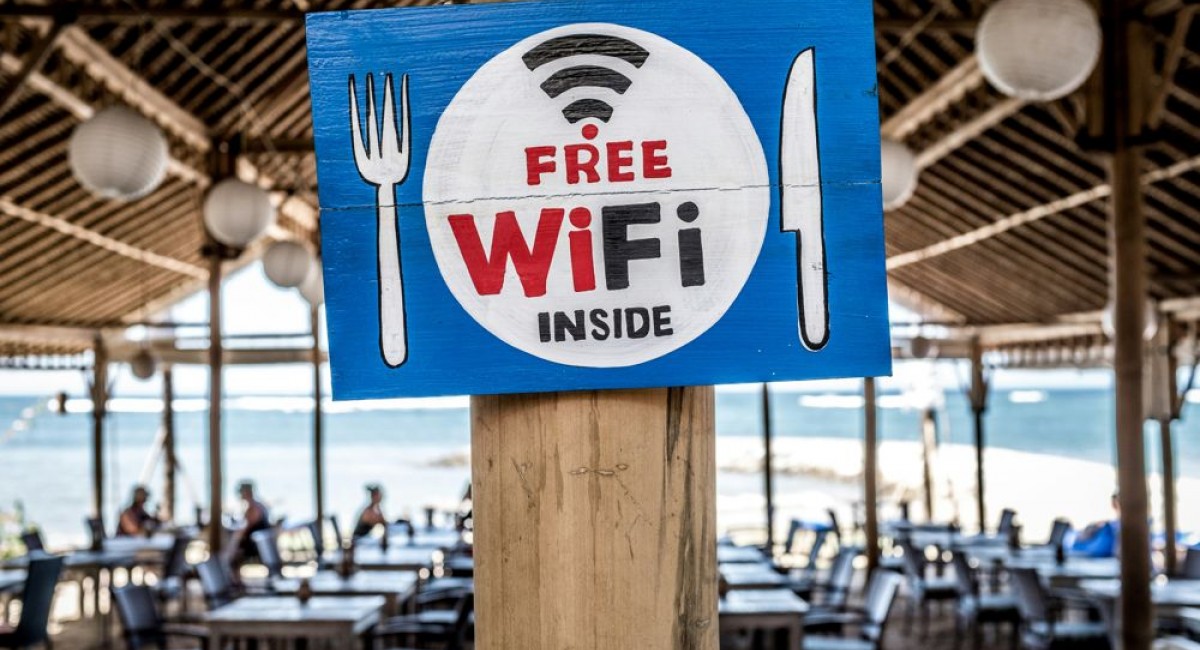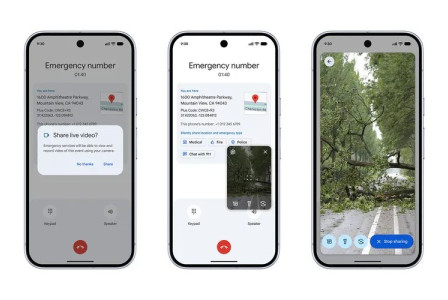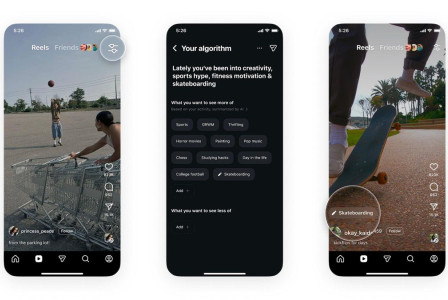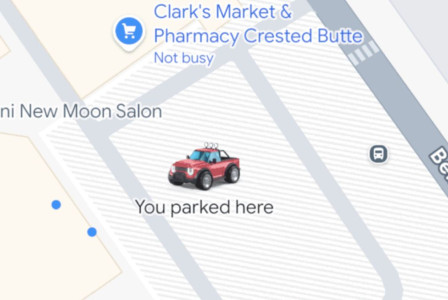SEARCH
The risks of public Wi-Fi

SHARE IT
Public Wi-Fi is quite popular in cafes, airports or abroad during holidays or business trips. Despite the convenience and perceived necessity of staying connected, these common situations require vigilance to ensure security and privacy. To safely address potential risks, Kaspersky experts have created a set of secure practices for using free networks.
Public Wi-Fi is a convenient way to stay connected on the go, whether in a coffee shop, a shopping mall or an airport. However, it's important to be aware of security issues when connecting to these free networks. Sometimes, scammers create fake Wi-Fi networks or compromise existing networks. They may use names that look a lot like legitimate networks to trick users into connecting. Once users log in, personal information such as social media connections, bank details and email addresses become vulnerable to interception and abuse.
Despite these concerns, there are effective ways in which users can protect themselves and ensure that their data remains secure. To avoid taking unnecessary digital risks, Kaspersky experts recommend the following practices:
- Connect to public Wi-Fi only when necessary. It is generally recommended that you only use public Wi-Fi networks when absolutely necessary due to their potential security vulnerabilities.
- Network authentication. When using public Wi-Fi, confirming network legitimacy with infrastructure personnel can help prevent connections to rogue networks that may store personal information.
- See the public Wi-Fi network login page. If it asks for login credentials via external platforms such as social networks, this is a warning sign. Such requests may indicate an electronic phishing attempt to store personal information.
- Avoiding sensitive transactions on public Wi-Fi. It's a safe practice to avoid accessing sites that require login information, particularly financial services, while connected to public Wi-Fi. This practice significantly reduces the risk of sensitive data being intercepted.
- Enhance privacy and security with a VPN. Using a VPN while on public Wi-Fi can significantly improve your privacy. Modern VPNs encrypt data and protect online activities from unauthorized access, and using them doesn't significantly affect internet speed, making them suitable for continuous use.
Following these tips and using a trusted VPN ensures that a user's browsing experience on public Wi-Fi networks remains private. In addition to providing data encryption, some comprehensive security solutions protect against various cyber risks, such as online phishing, where scammers create fake networks to steal login credentials, and DNS spoofing, which redirects users to malicious websites. In addition, VPN encryption helps protect against targeted attacks that can exploit browsing history and other sensitive information, offering strong protection against the potential risks associated with open Wi-Fi networks.
Additionally, VPNs can be used all the time, not just in specific scenarios such as connecting to open Wi-Fi networks. Maintaining an active VPN at all times ensures that user data remains protected, maintaining privacy regardless of the network used. In addition, high-quality VPN services do not compromise internet speed, allowing users to enjoy full protection without experiencing significant drops in browsing or download speeds.
*Photo by Bernard Hermant on Unsplash
MORE NEWS FOR YOU

 Help & Support
Help & Support 

